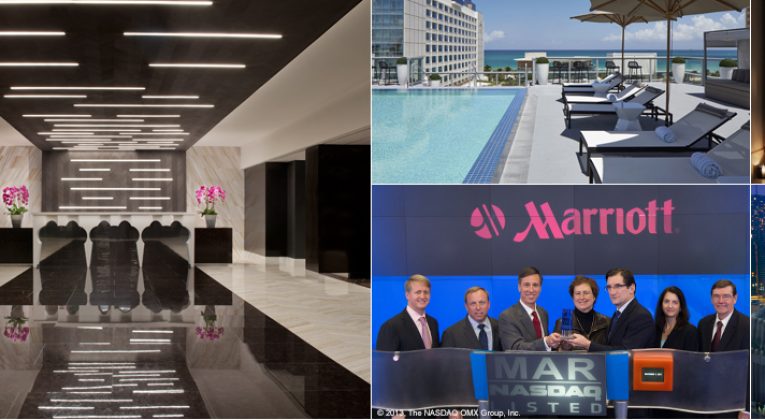Happy with the outcome of consolidation in the airline industry? Get ready for more of the same in the hotel industry.
With its acquisition of Starwood, Marriott has become what it self-describes as “the world’s largest and best hotel company.” With 30 different brands and more than 1 million rooms, it certainly has a claim to the size distinction, although both Choice and Wyndham have more properties in their portfolios. As for the quality claim, it’s hardly uncontested.
Inarguably, Marriott has enormous clout in the marketplace. That was the point of buying Starwood, after all. Consolidation, as the airline industry has shown, is a positive for corporate pricing power and, ultimately, for profits and share prices. The ugly flip side of consolidated companies’ outsized marketplace power, however, is the diminished power of consumers. Less competition reliably translates into less pressure to do right by customers.
We may have seen the first inkling of Marriott’s deployment of that market power last week, with the unpublicized change to the company’s cancellation policy. As detected and reported by several travel bloggers, beginning on June 15, travelers booking stays at Marriott brands in the Americas must cancel their reservations by midnight 48 hours prior to arrival or else be charged a fee. While rules varied by brand and individual property before the change, most hotels only required 24 hours’ advance notice for no-fee cancellations. The new policy is a significant downgrade for Marriott customers: less convenience, more fees.
Related:
In an email exchange with the company, Marriott justified the change as follows: “The revised policy allows us to make rooms available to guests that would have otherwise gone unoccupied due to a last-minute cancellation.” Of course that’s true; the new policy will indeed enable Marriott to sell more rooms, as well as rake in more fees for last-minute cancellations. It’s a great move for Marriott’s bottom line.
But it’s a move made at the expense of its customers. That’s a blow in the short term, and a concern for the longer term as well. Marriott has yet to consolidate its Rewards program with Starwood’s Preferred Guest program. Millions of members of the two programs are waiting and watching, hoping that the new scheme will be, if not the best of both worlds, at least not a significant downgrade. But that would require Marriott to act with the best interests of its customers in mind. And this latest policy change strongly suggests that the company is able and willing to put its own interests above those of its guests.
Reader Reality Check
How will Marriott’s new cancellation affect you, and your willingness to book Marriott stays?
After 20 years working in the travel industry, and almost that long writing about it, Tim Winship knows a thing or two about travel. Follow him on Twitter @twinship.
This article first appeared on SmarterTravel.com, where Tim is Editor-at-Large.





It doesn’t seem that long ago that Marriott went from a “same day at 6 PM” free cancellation policy to a “day before” one. Now it’s a “two days before” policy. Not a good sign.
Agreed. Unfortunately, it’s the industry-wide trend, not just Marriott.
Seriously… why do you even believe or hope for one second that there will NOT be customer-hostile downgrades as a direct result of this? All bloggers who write these “Will they respect customer interests…?” posts sound so plaintive and inexperienced and even naive, in spite of their experience in the industry. They’re all following the *MEJOR EN SU CLASE* lead of DL with its SM program and not only devaluing, but doing so by stealth, at random but increasingly-frequent intervals. Corporate honesty is a major casualty of consolidation. Respect the Leprechaun (MOL)…at least he tells it – you – how it really is. Exactly.